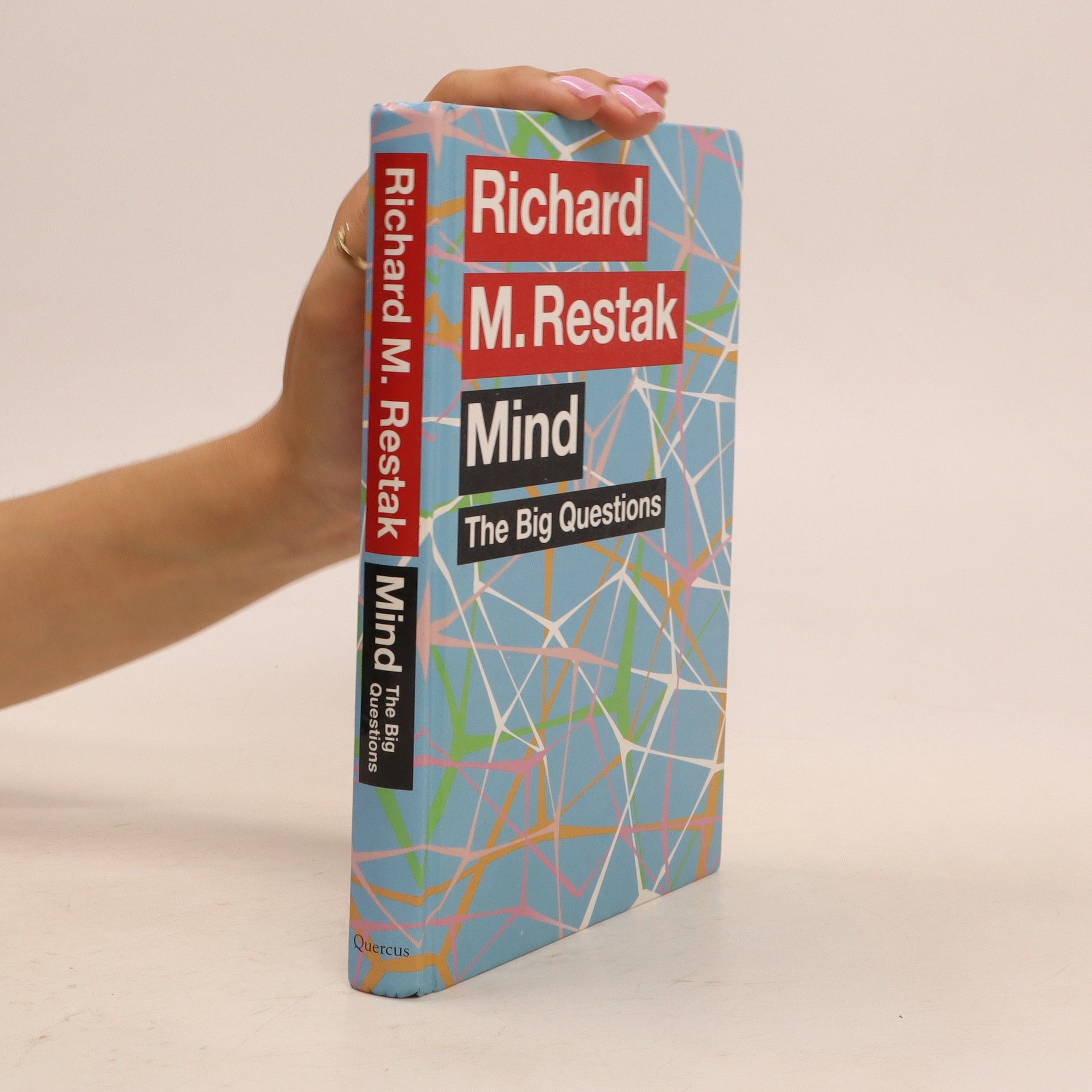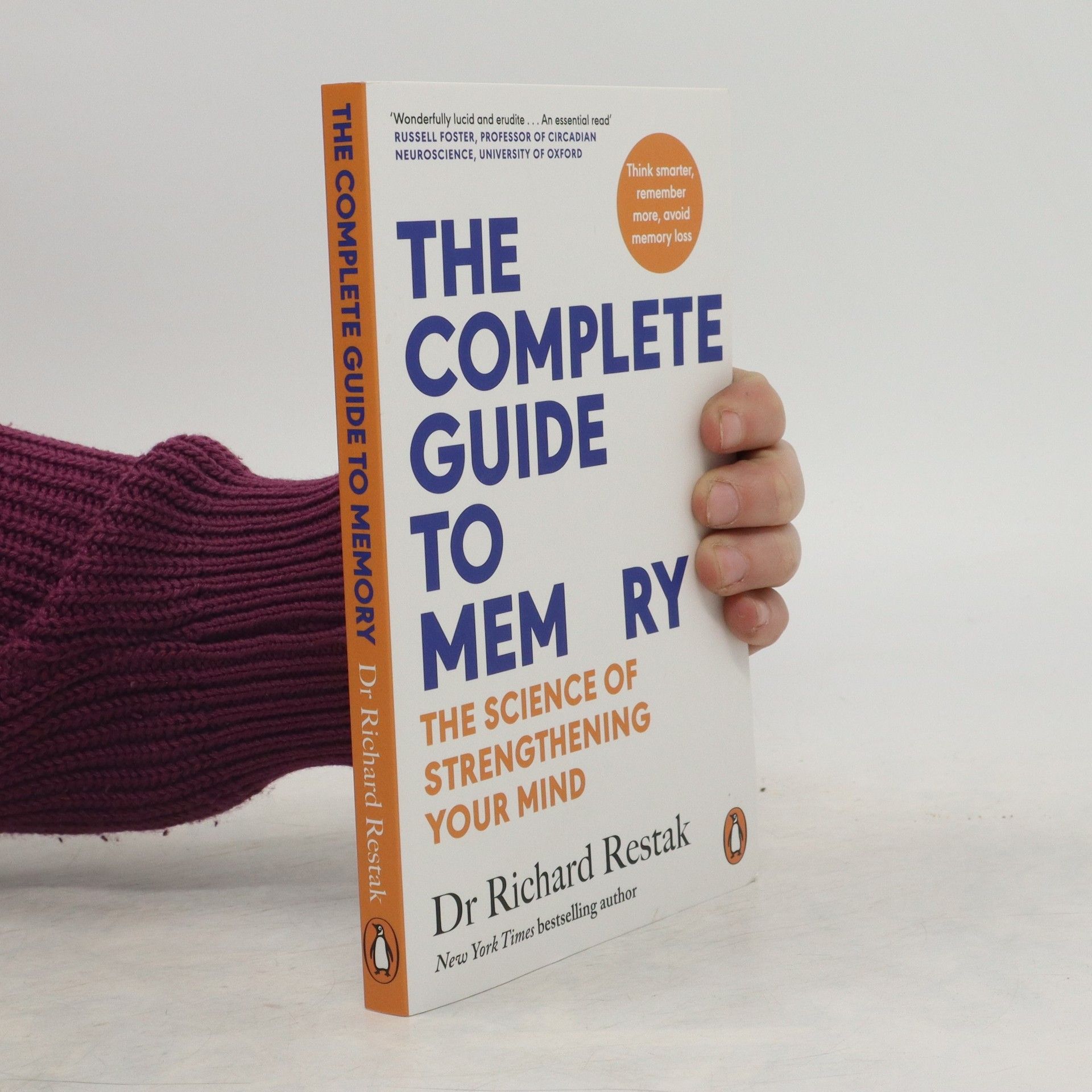How to Prevent Dementia begins with the principle that the more we know about dementia, the easier it is to prevent or delay it. A better foundation of knowledge also helps people to understand and interact thoughtfully with loved ones living with the condition. The book shows that dementias exist on a spectrum, starting with perfectly normal performance and ending at the extremes of mental dysfunction. Dr Restak also provides practical advice on how to reduce your risk of developing the condition, and sheds light on both the positive and more challenging consequences of pioneering new dementia medications that will soon be available. At the end of the book, the reader will understand what practical steps can be taken each day to lessen the odds of dementia, and how to take advantage of new medications, all while gaining a better understanding of thinking, and what it is like to have it falter.
Richard M. Restak Livres
Richard M. Restak M.D. est un neuroscientifique, neuropsychiatre et écrivain de renom. Il est l'auteur à succès de dix-neuf livres acclamés sur le cerveau. Son œuvre explore en profondeur le fonctionnement de l'esprit, dévoilant les complexités de la pensée et du comportement humains. Restak écrit avec clarté et engagement, rendant le monde fascinant des neurosciences accessible à un large public.
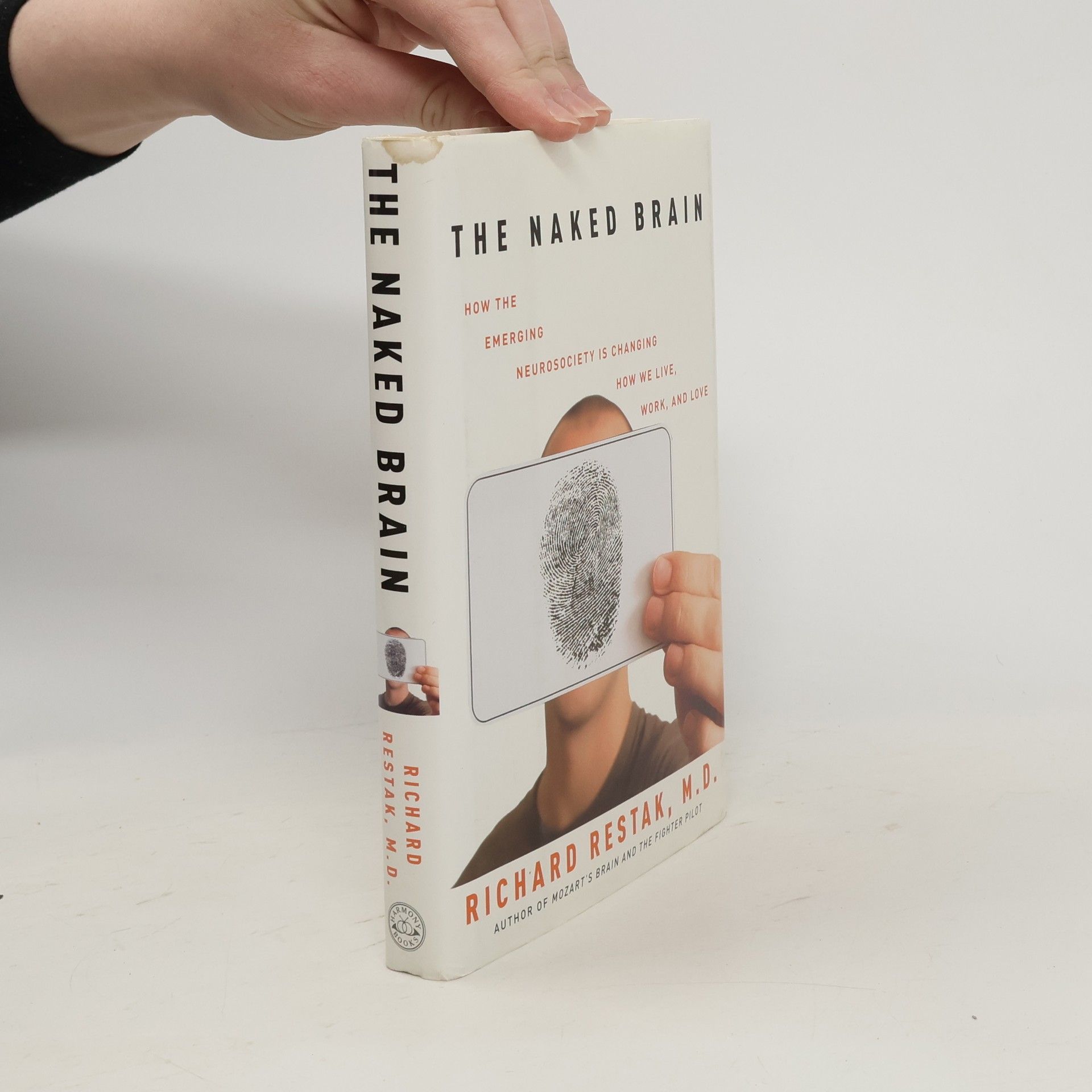
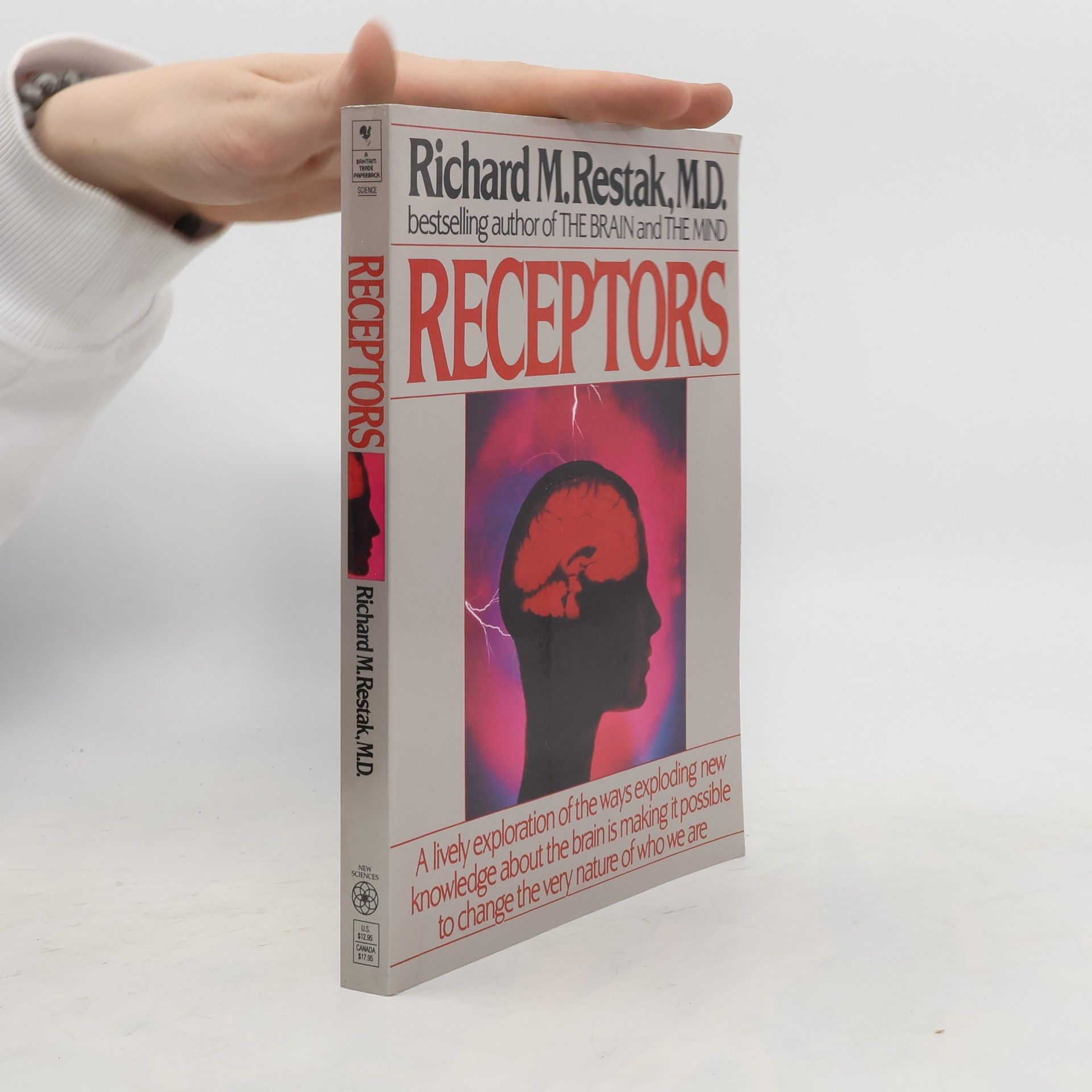


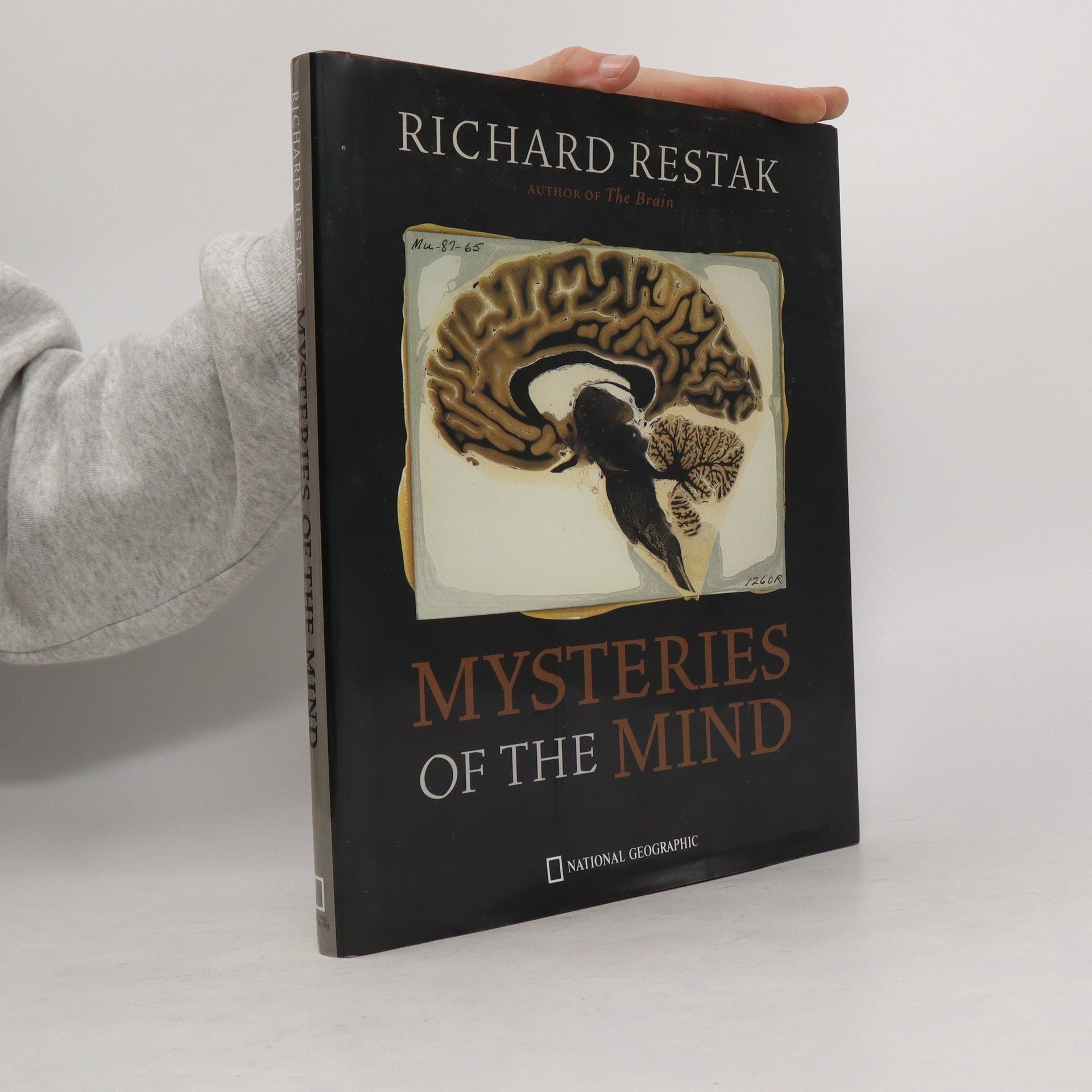

Mysteries of the Mind
- 256pages
- 9 heures de lecture
A noted neurologist delivers a revelatory, photo-rich study of new discoveries about the anatomy, capabilities, and emotive aspects of the human brain. Full-color photos and illustrations.
Explores present-day knowledge of the chemistry and workings of the brain.
The New Brain
- 237pages
- 9 heures de lecture
This title explains, in layman's terms, how our brains are struggling to keep up with the world we've created. Offering scientific proof, the author shows how the world we live in has affected our ability to focus, concentrate and respond effectively to the multi-tasking demands of modern life.
Receptors
- 228pages
- 8 heures de lecture
And he takes us into the laboratories of today's molecular chemists and neuroscientists who are creating drugs that will change our brains in ways that only a few years ago seemed the stuff of science fiction.
The Naked Brain
- 272pages
- 10 heures de lecture
The Big Questions: Mind
- 208pages
- 8 heures de lecture
'The Big Questions' series is designed to let renowned experts confront the 20 most fundamental and frequently asked questions of a major branch of science or philosophy. In 'The Big Questions: Mind' the explanations behind the 'mysteries' of our unique minds - including how they differ from our brains and how they create our awareness - are explored. Among the questions discussed are: How do brains come to exist? Is the mind more than the brain? What does it mean to be conscious? What is knowledge? Does the mind play tricks? What is the 'I' in our brain?
The Complete Guide to Memory
- 208pages
- 8 heures de lecture
In this book, renowned neurologist and bestselling author Dr Richard Restak distils the wisdom of an entire career into this one-stop guide to the science of memory. Drawing on scientific history, case studies, famous anecdotes and more, he offers tips and tricks for anyone who wants to strengthen their memory, avoid disease and think smarter. The Complete Guide to Memory shows you- -How memories form -The different kinds of memory -The mind-body connection -How to strengthen your memory through techniques like 'chunking' information together; mind mapping and lists; and even how to recover forgotten information Packed full of information for anyone curious about the power of their memory, this is the only guide you need to train your memory and make it stronger.
Mozart's Brain and the Fighter Pilot
- 224pages
- 8 heures de lecture
Integrating the latest research into brain science and psychology, the author introduces a program for enhancing one's cognitive abilities, organizing thoughts and ideas, strengthening sensory capacities, and developing memory
